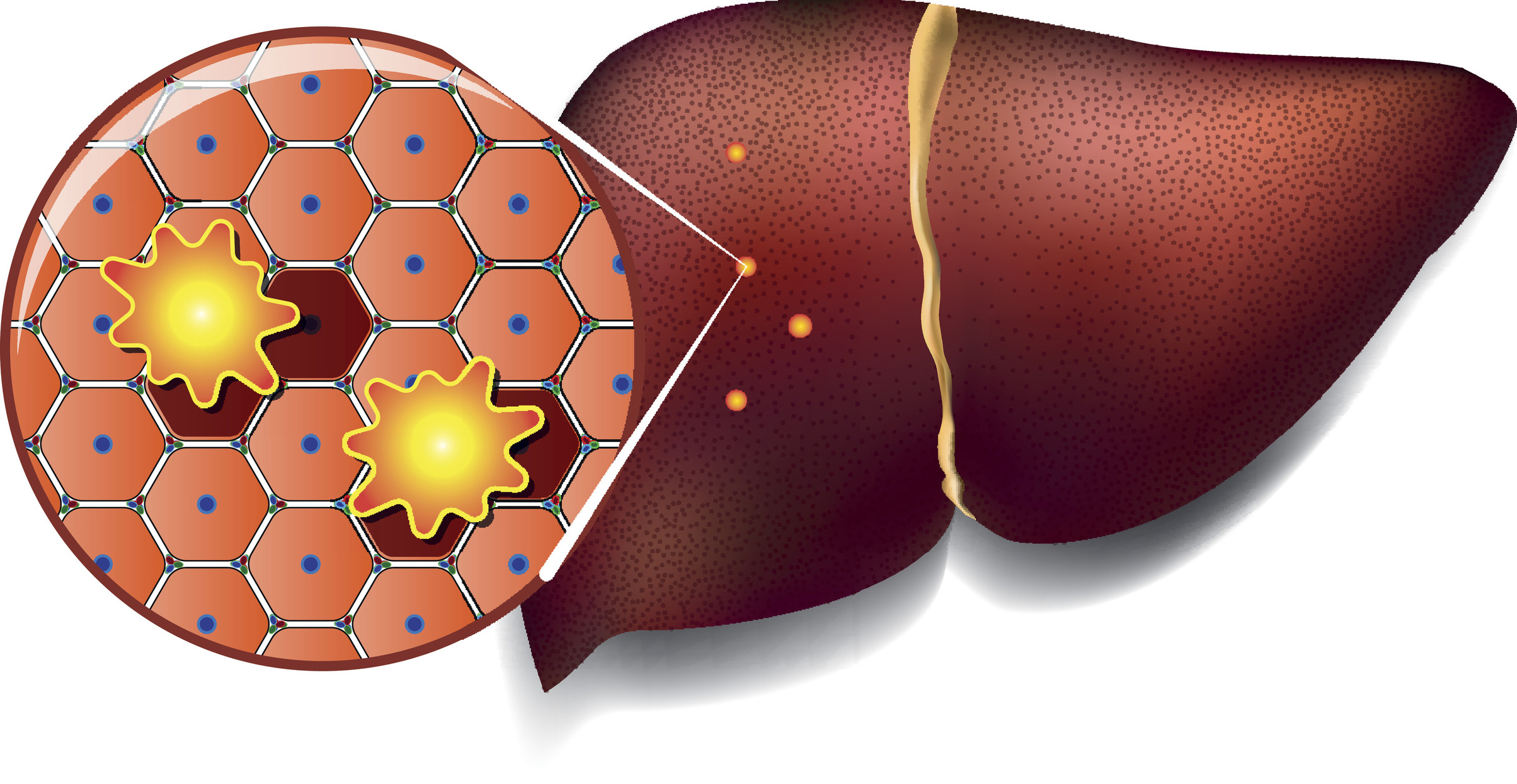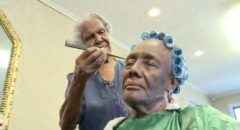
Americans live in a culture that glorifies youth. They're surrounded by images of ideal, ageless beauty that are impossible standards to meet. That's one of the reasons they spent an estimated $14.2 billion on anti-aging products in 2020.
Still, without getting caught up in a narcissistic attempt to stay young forever, there are some simple steps you can take to look great for your age, whatever that may be. And one of the best areas to concentrate on is your skin. In a search for no-nonsense advice, we asked several respected dermatologists to share their secrets on how to keep our skin looking healthy and youthful.
But first, a little background on how skin ages in the first place. Skin is the largest organ in the human body, and it's vulnerable to damage from many directions, says Lisa M. Donofrio, MD, associate clinical professor of dermatology at Yale University School of Medicine. Over time, smoking cigarettes and exposure to ultraviolet radiation from the sun can create wrinkles; pollution can clog pores. Environmental poisons set off chemical reactions that produce free radicals -- unstable, unattached oxygen molecules that can damage skin membranes, proteins, and DNA.
Internally, as a normal byproduct of metabolism, skin cells create still more free radicals. When we're younger, these free radicals are removed by antioxidants in the skin, which are in shorter supply as the years pass. Collagen and elastin -- the skin's support fibers -- break down. Cell turnover slows. The skin's outer cells don't slough off as easily, so skin isn't renewed as efficiently.
What's more, the skin doesn't retain as much moisture as it once did. Cells leak moisture when the glue that holds cell membranes together begins to degenerate, explains Donofrio. Sweat and oil glands also produce less moisture. Facial bones become less dense and fat deposits under the skin shrink, causing the skin to lose elasticity. And, as women enter their late 40s and 50s, the decrease in the hormone estrogen makes skin thinner, because it is no longer able to hold as much water.
Genes also play a role in how your skin ages. The rate at which women lose collagen, elastin, and moisture varies among individuals: Some women may have firm skin into their 60s. But when it comes to your skin, your lifestyle can make a difference as well.
RELATED: Are You Setting Your Skin Up For Wrinkles?
Self-help for skin
Of course, many women are confused or simply overwhelmed when it comes to making sound decisions about skincare. How could they not be? Bombarded with seductive advertisements and a bewildering array of new and expensive skincare products, it's a wonder that any woman can feel confident in this arena. So, we asked the experts, what can you reasonably do -- without resorting to expensive or invasive cosmetic procedures -- to keep your skin's healthy glow?
For starters, they said, it's never too early to begin protecting your skin, even when there's not a blemish or wrinkle in sight. Young women in their teens and 20s can begin a lifetime of healthy habits -- such as not smoking -- that can slow down the skin's aging process.
Here are the most important steps to take:
- Use sunscreen and protective clothing. By far the most important measure you can take to save your skin is to avoid excessive exposure to the sun. "Basically, we consider the science of aging all sun-related," says Arielle N.B. Kauvar, MD, clinical professor of dermatology at New York University School of Medicine. "If no one was ever exposed to the sun, we wouldn't have wrinkles, brown spots, red blotches -- even sagging is accelerated. It's all from the sun. The most important thing anyone can do for skin -- infant, child, woman, man -- is sunscreen."
- To protect your skin, you should use a hat and other protective clothing as well as sunscreen. Seek out shade between 10 a.m. and 4 p.m., use umbrellas on the beach, and avoid tanning parlors.
- Stop smoking. Smoking can damage the skin's connective tissue and impair its healing process by preventing oxygen from getting to your blood vessels and skin. What this translates into is the classic "smoker's face" -- one etched by countless fine wrinkles. Even if you've been smoking for years, though, stopping means that your skin will probably sustain less damage.
- Get some sleep. Getting adequate rest means you don't look like you have bags under your eyes. This is also one way to alleviate stress, which is thought to contribute to damage from free radicals.
- Avoid dehydration. Drink at least eight glasses of water daily, and don't drink excessive amounts of coffee, which can make your body lose water. Although there are no studies that say it will help your skin, getting enough water may help your body remove toxins and maintain good circulation.
- Watch your diet. Avoid loading up on white sugar or processed food, and don't drink too much alcohol (the federal government recommends that women have no more than one drink a day). It's also important to try to maintain a healthy weight throughout your life. "Yo-yo" dieters whose weight fluctuates dramatically can speed the aging process, as well as end up with sagging skin.
RELATED: 69-Year-Old Grandmother Is Proof Age Is Nothing But A Number
Why sun worship is damaging
"Sun is the one thing that really ages your skin significantly, really damages your skin," says Susan Goodlerner, MD, a former clinical assistant professor of dermatology at UCLA who's now practicing at the California Skin Institute in Torrance, California. "Women in their 50s who've been careful about sun protection look much younger than women who have not."
We get half our lifetime's worth of sun exposure before the age of 20 (because children spend so much time outdoors). If you can be the sensible one who refuses to sunbathe to achieve that optimal, in-vogue tan, your skin will thank you for it later. You will also reduce the risk of getting skin cancer.
Besides staying out of the sun, the use of sunscreen is the only preventive remedy that has been scientifically shown to prevent external skin damage and wrinkles, says Donofrio. (The effects of sun damage are called photoaging.) The best sunscreen, dermatologists say, is a broad-spectrum sunscreen that blocks out both UVA and UVB rays and has an SPF (sun protection factor) of at least 15. Higher SPFs will give more sun protection by absorbing more of the sun's rays. You can also use a daily moisturizer that has sunscreen in it.
Face Yoga: 9 Anti-Aging Exercises For Your Face
Finding the right cosmetics
If you find yourself dizzy in the cosmetics section of department stores, you're not alone: A survey conducted by the American Academy of Dermatology found that 94 percent of women were confused by the vast array of anti-aging treatments available both over the counter and by prescription. Adding to this confusion is the fact that the Food and Drug Administration (FDA) doesn't verify the claims made by cosmetics firms before they go on the market, although many people think that the agency does.
Talk to your primary care physician about your skin problems. He or she may refer you to a dermatologist who specializes in skincare (rather than, say, cosmetic surgery or specific skin diseases). A doctor may be helpful if you have acne, rosacea, or other skin problems that may need prescription medicine.
You may want to see a dermatologist if you're entering menopause or using birth control pills since hormonal fluctuations can affect the skin. They can give you personalized advice on a skincare regimen that works best for your particular skin type, says Kauvar. Don't be fooled by extravagant claims. If an anti-aging drug or product really did turn back the clock, we'd all be hearing about it. Dermatologists say there are only a few skincare products that have demonstrated the ability -- however modest -- to reduce or prevent wrinkles or improve the appearance of aging skin. These products include:
- Vitamin creams. Vitamins C, A, and E act as antioxidants that may help counteract the damage caused by free radicals. However, most topical antioxidants have short-term effects or are not absorbed well into the skin. According to Donofrio, studies have shown that using topical creams with vitamin C on your face can protect the skin's elasticity and prevent damage from sun exposure. They can be irritating, so choose one that works for you.
- Topical retinoids (or retinol) derived from vitamin A. Vitamin A derivatives such as Retin A and Renova can diminish the appearance of fine lines and wrinkles by sloughing off dead skin cells and increasing the production of new collagen. They can also help fade uneven pigmentation and reverse early sun damage. Stronger retinoids are available only with a prescription. In 1996 the FDA approved Renova (tretinoin) as the first drug to treat wrinkles. Although retinoids do work, topical estrogen creams for the face are not especially effective, says Donofrio.
- Certain exfoliants. Two chemical exfoliants found in creams and gels, alpha hydroxy acids and beta hydroxy acids, can also help the skin repair itself. They can be used as a substitute for stronger retinoids if you find your skin becomes irritated. One common form is called glycolic acid. Beta hydroxy acid can be less irritating; the most widely used is salicylic acid.
Although they may be helpful for other reasons, there is no scientific evidence that taking vitamins or minerals, including omega-3 fatty acids, which are found in fatty fish such as tuna, salmon, and other foods, help your skin stay youthful, says Donofrio.
Here are some additional skincare and anti-aging tips from our panel of dermatologists:
- Although cleansers and moisturizers can make the skin feel softer, there is no scientific proof that moisturizers prevent or reduce wrinkles, says Donofrio.
- If you're in your 30s and 40s or beyond, switch from using soap on your face to a more gentle cleanser. (Also, it's time to stop using a drying toner.) What matters most, if you have dry or oily skin, is that you use soap or a cleanser that doesn't leave your face filmy or too dry. It should feel best right after you wash it.
- As cell turnover slows in your 30s or later, gently exfoliate your face with exfoliating products or a buff puff to remove dead surface cells. This can help rejuvenate skin.
- Regular use of light eye creams is fine, but eye creams are only effective if they use active ingredients, such as retinoids, in a much lower concentration than a cream for, say, your arms and legs, dermatologists say.
According to the American Academy of Dermatology, some potentially useful anti-aging skincare treatments under study include alpha lipoic acid, or ALA, a naturally occurring antioxidant, and "spin traps," antioxidant and anti-inflammatory compounds that bind free radicals.
One last bit of advice: Be careful about mixing your skincare products. If you pile on products, you increase the chances of using incompatible ingredients. Using one product with vitamin A and another with vitamin C can cause inflammation, as can using too many acids (such as retinol and alpha-hydroxy) at the same time. Introduce one new product at a time, and see if you can tolerate it for three days. Avoid using skincare products that cause stinging or burning.
Remember, though, there are some things you have no control over, no matter how many skincare products you buy. In the end, worrying about the state of your skin may not be as important as developing a positive self-image.
That said, and despite the paucity of scientific evidence about the youth-enhancing properties of most products and cosmetics, even some medical experts like to indulge in them now and then. Donofrio, for example, says that although she's a doctor, she still enjoys some "girly" products that simply make her skin feel good.
"Medically and scientifically they're probably not doing anything," she says, "but perception has value -- if it makes you feel younger when you put it on."









